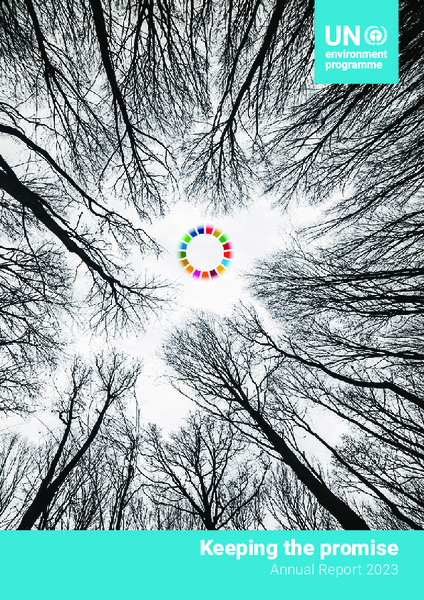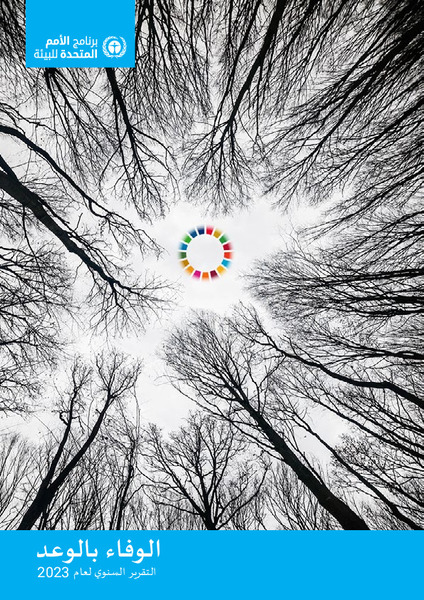| dc.description | Last year was one of broken records and broken promises. We saw new highs of greenhouse gas emissions, temperature records tumbling and climate impacts arriving stronger and faster. The finance to help vulnerable communities adapt to climate change isn’t being delivered. At the same time, most of the Sustainable Development Goals (SDGs) are off track at the halfway point of the 2030 Agenda for Sustainable Development. There are many reasons for this, but it is clear that slow action on the triple planetary crisis of climate change, nature and biodiversity loss, and pollution and waste is a major driving force. This is the downside. The upside is that the global response to the triple planetary crisis intensified. Efforts to combat pollution and waste received a shot in the arm with the agreement of the Global Framework on Chemicals and progress on the global instrument on plastic pollution, which should be ready by 2024. Nations adopted a treaty to protect biodiversity in the ocean beyond national borders, while key guidelines to help the private sector reduce its impact on nature were released – a boost to the Kunming-Montreal Global Biodiversity Framework, the implementation of which gathered pace. Finally, the United Nations Climate Change Conference, COP28, delivered a clear call on countries to transition away from fossil fuels – alongside a framework on the Global Goal on Adaptation, operationalizing the Loss and Damage Fund, and new commitments on sustainable cooling, methane reduction, tripling renewable energy targets and nature breakthroughs. The UN Environment Programme (UNEP) played an important role in many of these processes – by providing key science and solutions on the triple planetary crisis, convening and supporting important negotiations, hosting critical multilateral environmental agreements, working with the private and financial sectors to align funding with global processes and supporting Member States to deliver on their commitments. | en_US |









